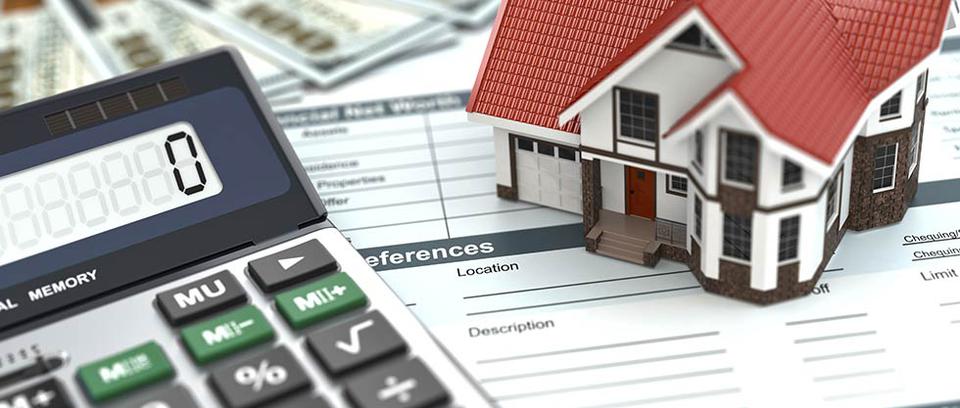
If you’re looking for a fuss free guide to creating a home budget, it’s a great idea to continue reading in order to discover a wide variety of home budgeting tips.
7 Home budgeting tips:
1. Write down a list of short term, medium term and long term financial goals
Your short term goals should be goals which you plan to achieve within the next year, while your medium term goals should take you between 1-5 years to achieve. Lastly your long term goals should take you 10-15 years to achieve. By writing down your short term, medium term and long term financial goals you’ll be far more likely to stick to your budget, in order to achieve all of your goals.
2. Figure out what your monthly income is
If you’re working out a budget for your household, you may want to list each member of your household’s monthly income. However, if you’re just putting together an individual budget, just write down your own monthly income. As well as any income which you may earn from a job, make sure to list any income which you may make from any side businesses you may operate. As well as any passive income which you may earn from investments such as shares and rental properties.
It’s important to figure out your monthly income, so that you’ll be able to figure out how much money you’ll be able to spend on luxuries, save and invest, once you’ve paid for your monthly expenses.
3. Make sure to to differentiate between your needs and your wants
When it comes to budgeting the first expenses which you should account for relate to your needs. As examples you’ll need to pay your rent or your mortgage payments if you don’t own your home out right. You’ll also need to account for your grocery expenses and your power bill. Your wants refer to items that are not essential such as new pieces of fashion, vacations and electronics.
4. Don’t spend too much of your money on luxury items
After you pay for your monthly expenses, you may be tempted to spend the right of your disposable income on luxury items. However, it’s a wise idea to save and invest half of your disposable income, instead of spending it all on luxury items.
5. Make sure to save a portion of your income for unexpected expenses
It’s also a great idea to save a portion of your income for unexpected expenses. As there will be months when you’re be confronted with unexpected expenses such as mechanic bills and dentist bills. So it’s a great idea to save 5-10% of your monthly income to create a rainy day fund, which you’ll be able to use to pay for unexpected expenses.
6. Consider splitting your household costs
If you live with a partner or spouse, it’s well worth discussing how you you plan to split your household costs.
7. Pay your bills ahead of time
If you want to trim a bit of money off your bills, it’s a great idea to pay your bills ahead of time in order to make the most of any discounts which you may be offered for paying your bills on time.
If you follow the 7 budgeting tips listed above, you should have no trouble creating a budget that will help you achieve your short term, medium-term and long term financial goals.
Leave a Reply